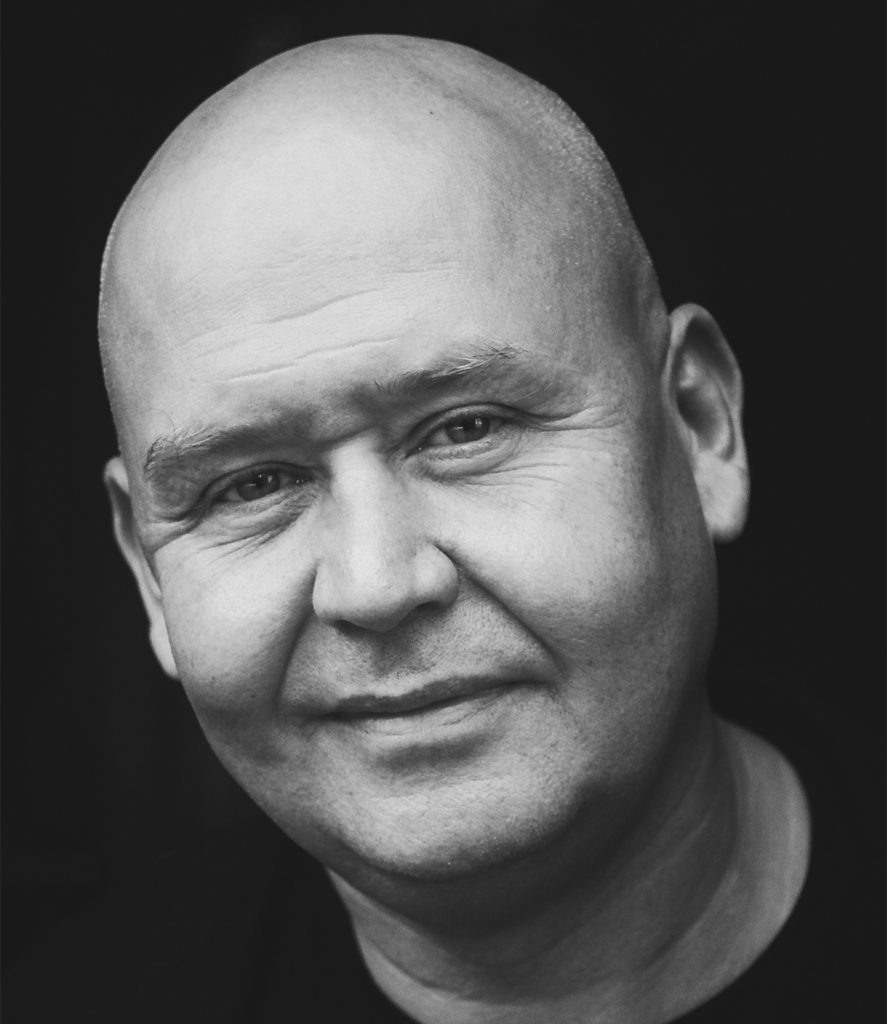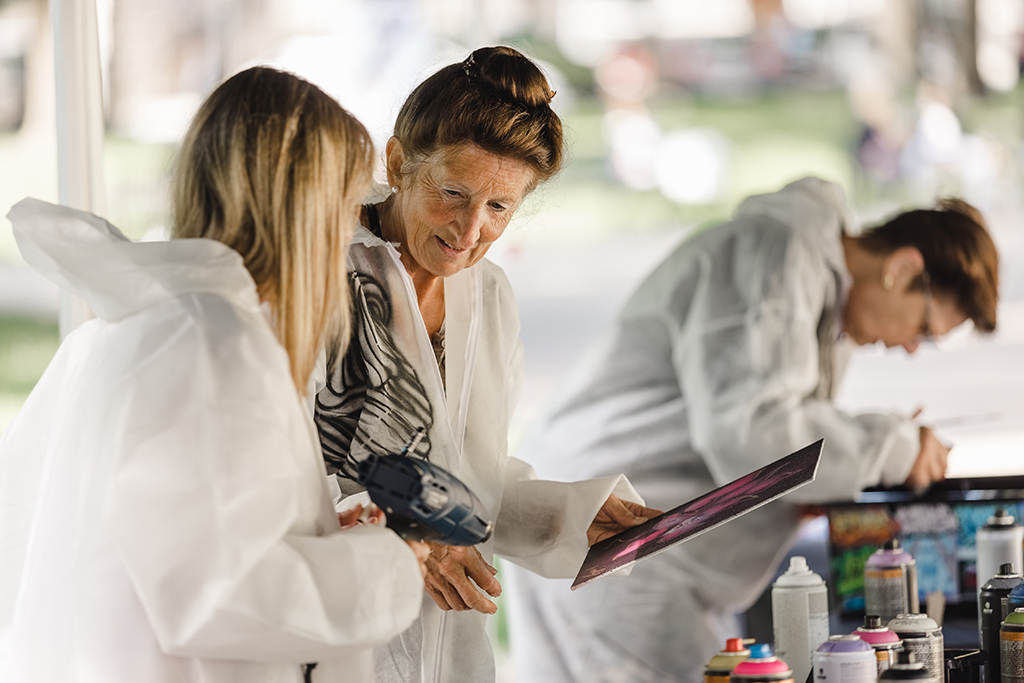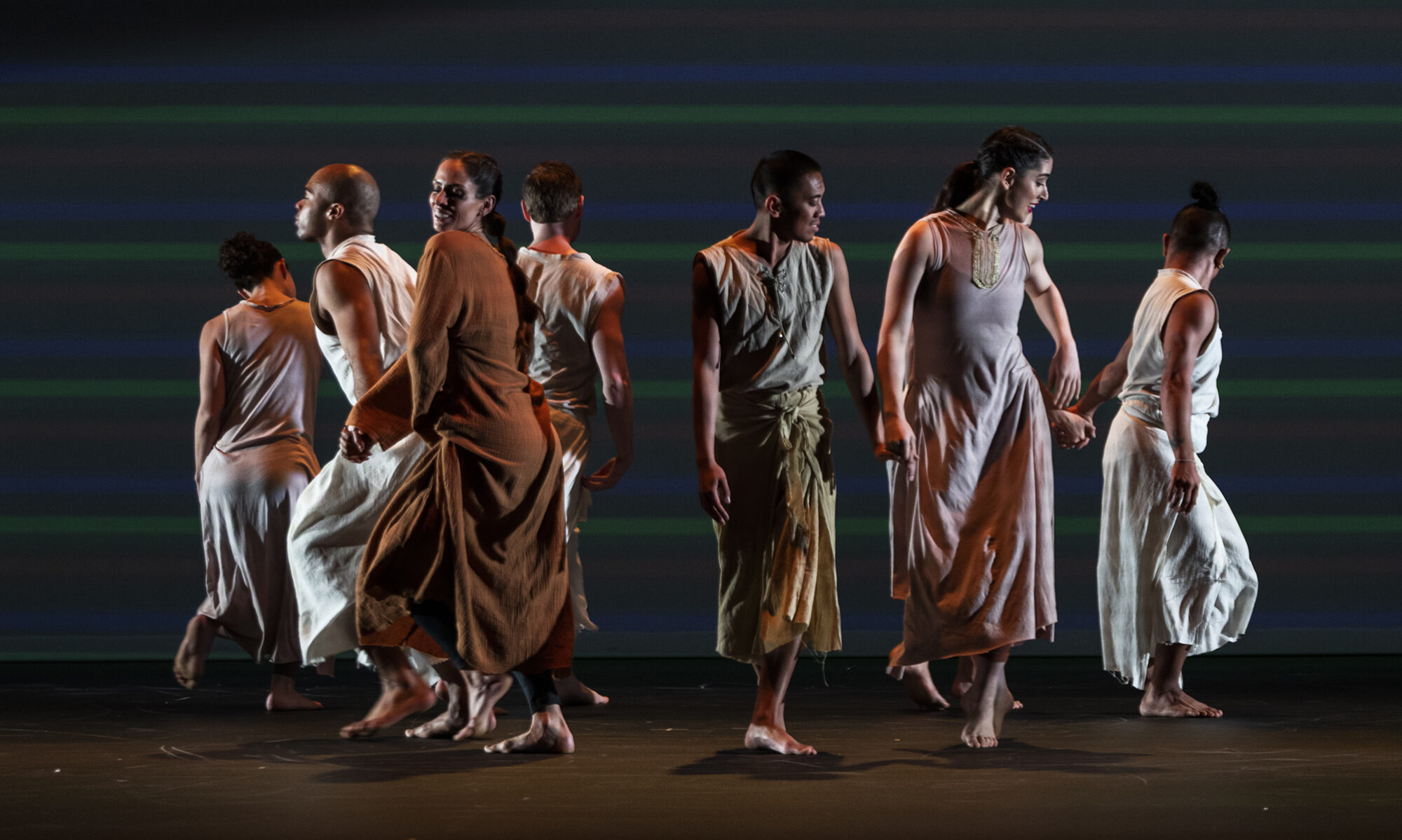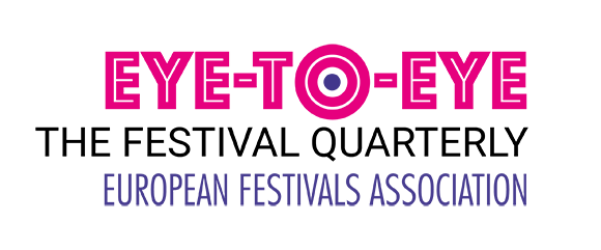The cultural revolution is underway

Bartosz Szydłowski graduated in Film Studies from the Jagiellonian University in Kraków and in Drama Directing from the Ludwik Solski State Drama School in the same city (PWST). In 1996, he established the Łaźnia Theatre Association, renamed later the Łaźnia Nowa Theatre: an independent company that runs interdisciplinary cultural activity, designs and conducts civic and educational projects. It has been strongly involved in the life of the local community from its earliest days. Szydłowski returns in his work to “unfashionable” concepts like community and responsibility for yourself, others, and the world. He believes the development of these concepts may reorganise the way we perceive modern society. He created the Divine Comedy International Theatre Festival in 2008, one of the most important theatre festivals in Poland. Much enjoyed by artists, with a fantastic atmosphere, thousands of spectators and hundreds of international guests, the festival promotes the idea that theatre in Poland nowadays is one of best and most intensive tools of social communication.
Poland is not the easiest country to operate in at the moment, especially within the cultural sector. The political situation is controversial and society is divided. In this context, arts and culture seem a necessary solution and Poland can count on its strong longstanding experimental theatre scene.
Fifty years ago the country was looked as the place to experiment, dare to think new, explore new boundaries and means of presentation. Today, artists remain very devoted to what they do. Theatre is not only entertainment and Bartosz Szydlowski, the director of the Divine Comedy Festival, is convinced of the important role theatre plays in our society: “Contemporary theatre manages to tell stories about the human being and its spiritual condition”. In the Middle Ages, Dante already had this idea of writing about everything that is universal and fundamental for human civilisation. The festival adopted the title of his masterpiece Divine Comedy to highlight the connection between theatre and our social and political life. Theatre digs into our identity, raising questions about ourselves and the society: who we are, provoking discussions that are difficult, never following the coquettish way of self-presentation, understanding what went wrong.
The Divine Comedy Festival mirrors Polish society. It tries to depict Poland’s self-orientation, why its inhabitants can sometimes get so emotional, why they are contradicting each other so much, and how it resulted in actual polarisation. “We have more things in common that bring us together than what makes us different. Why are people so polarised and focus on differences instead of looking for something that is common?” asks Bartosz. There is a fantastic variety of inspiring Polish artists working on these issues. “Right now we are supporting these artists and also defending basic and fundamental democratic values. Most of the artists are open-minded and cannot accept what is happening in Poland now”.
The December 2021 edition was given the Latin title Post Tenebras Lux (After Darkness, Light). Bartosz Szydlowski feels that Poland is facing a dark reality but there is also light; light that is coming mainly from the stage and artistic minds. This idea of darkness, and that after lamentation comes light, is universal but in every continent, every country, there is a tendency to think that one cannot change things. This is not true. Citizens have this power and they must be made aware that they can have an influence on what is happening. Theatre can do this and spread this message. The Divine Comedy Festival strongly believes that human beings can still change the world with their ideas and make it better. “It is very idealistic but we believe in this idealism,” admits Bartosz. “Even if we sometimes have the feeling that we are preaching to the converted, to people that agree with what we are saying, instead of reaching out to those who are driving the alternative authoritarianism. But what else can we do than keep on making the point?” He continues to water seeds, hoping that one day they will blossom. This is what venues and festivals that try to take distinct lines in terms of humanity, its rights and duties, do.
Because theatre is based on a dialogue with the local community, artists and art professionals are used to work with people that are not interested in theatre. They are used to convincing youngsters and adults that it is a safe place to express themselves and that theatres are not only venues to come to see someone talking to them. “We have to balance this; that the message is not only coming from the stage but that the message is happening between the audience’s imagination and theatre.” When you succeed in getting new audiences in the room, artists and theatre directors can sometimes really be surprised by the richness of the reception; it can even be richer than what is being presented. This is the magic of theatre.
When it comes to audiences, Bartosz states that truthfulness is the most important aspect right. “How to make people believe that you really have good intentions? My festival is not a fighting weapon. It is patient and full of confidence in the social gesture”. He says is important not to pretend that directors, writers and artists are the only ones who have the right to preach and share values. The stage is open to witness these values, give inspiration and share questions with the audiences but it should not be limited to a one way speech. Before, Polish theatre was mainly created, produced and discussed by big names who managed to have a career in Europe. Now a lot of people are talking about the phenomenon of Polish theatre and the debates between established voices and young directors. Maybe too many theatres have been representing this higher way of understanding, a kind of deeper consciousness, and were a little bit too certain that the art works they were performing are complete interpretations of the world, while on the contrary they are only representations of a part of the world.
Beyond the presentation of these works, theatre is also about crossing borders and transmission. Divine Comedy is very ambitious. The festival presents the work of innovative and emerging Polish artists which give an energetic shot of today’s life: “I strongly believe that the Polish theatre scene is the first step if you want to know something about Poland – so push the door of Polish theatres first,” concludes Bartosz. Above all the festival wants to convey hope: hope for better days and hope that citizens take their destiny into their own hands. His cultural revolution is underway.
Interview by Simon Mundy and article by Audrey Brisack
Festival Life creates shared moments of audiences and artists, eye-to-eye


